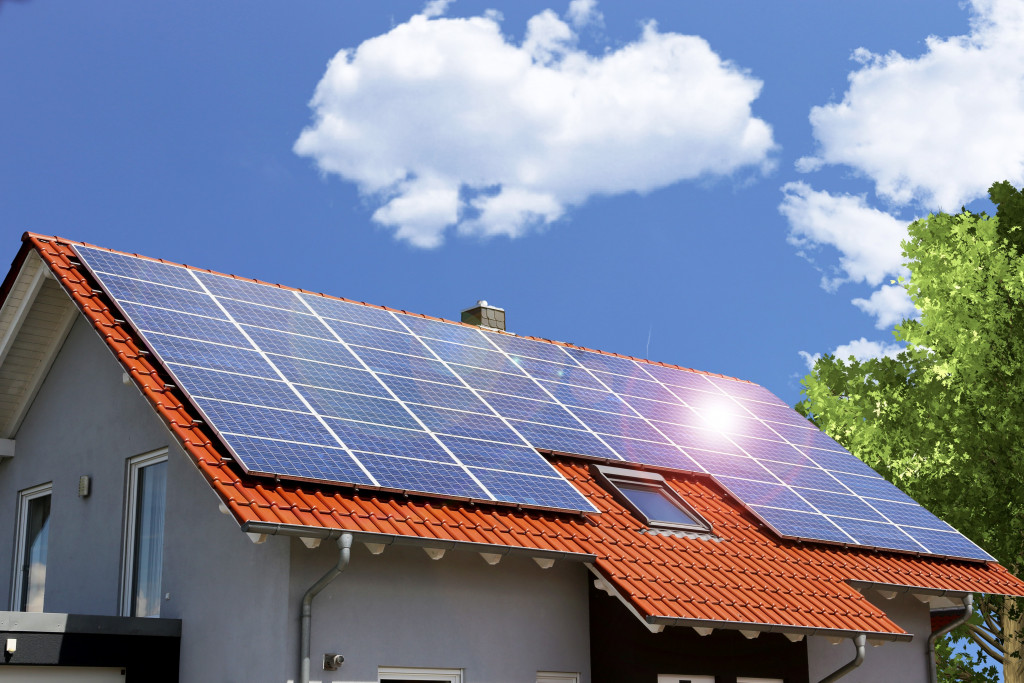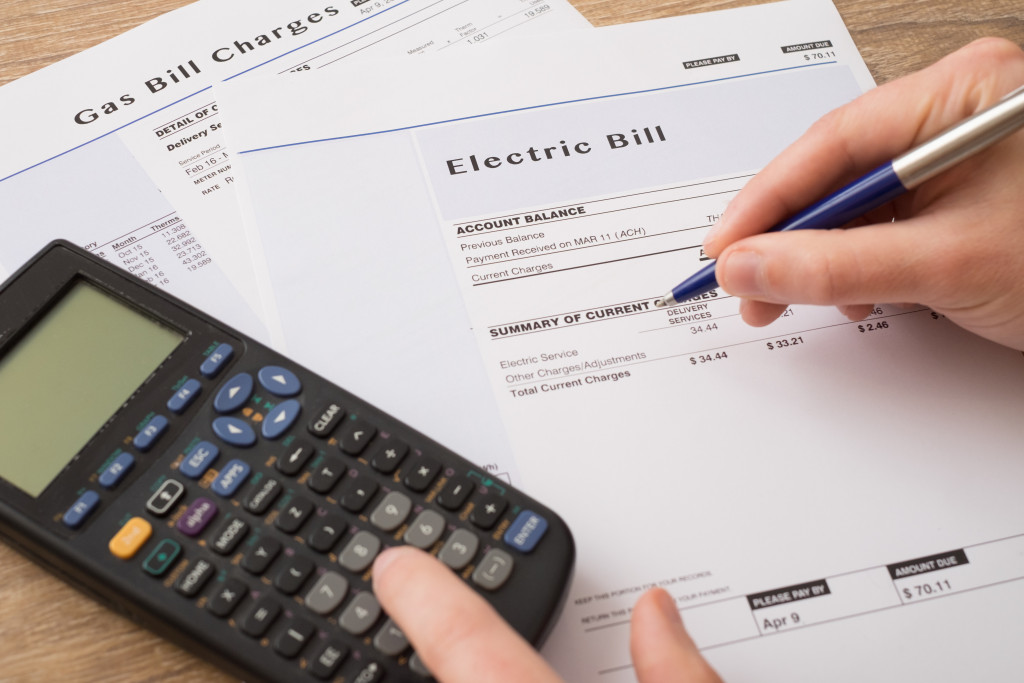There are many reasons to conserve energy in your home. One obvious reason is to save money on your energy bills. But conserving energy also has a positive impact on the environment. The less energy you use, the less pollution you generate. And as we all know, pollution is a major problem that can lead to climate change, respiratory problems, and many other environmental issues. So by conserving energy in your home, you’re not only saving money, but you’re also doing your part to protect the planet.
As a homeowner, you should know that there are various ways you can conserve energy and save money, especially with the help of modern technology. Here are new technologies that can help you conserve energy:
Smart Thermostats
Have you ever gone to bed only to wake up in the middle of the night feeling too hot or cold? Chances are, you’ve forgotten to adjust your thermostat! Smart thermostats are designed to prevent these wasted hours of uncomfortable sleep by learning your temperature preferences and making automatic daily adjustments.
Studies have shown that people who use smart thermostats save an average of 10-12% on their energy bills, and some models can even pay for themselves in as little as two years. In addition to saving money, smart thermostats also help to conserve energy and protect the environment.
LED Light Bulbs
Switching to LED light bulbs is one of the easiest ways to conserve energy in your home. LEDs use up to 90% less power than the usual incandescent bulbs and last up to 25 times longer. You can save money on your energy bill and replacement bulbs.
In addition, LEDs produce very little heat, so they are safer and will not add to your home’s cooling costs. And because they are more efficient, LEDs emit fewer greenhouse gases, making them a more environmentally-friendly option.
Solar Panels

Solar panels are a great way to conserve energy and save money on utility bills. They work by collecting sunlight and converting it into electrical energy that can be used to power your home. Solar panels are typically installed on the roof of a home, but they can also be mounted on the ground or on a wall.
In addition to generating electricity, solar panels can also be used to heat water or provide lighting. Solar panels are a clean and renewable source of energy, and they have the potential to significantly reduce your carbon footprint.
Tankless Water Heaters
A tankless water heater is a great way to conserve energy in your home. These heaters work by only heating the water when needed instead of storing a tank of hot water at all times. As a result, you can save a significant amount of energy, which can help to lower your utility bills.
In addition, tankless water heaters tend to have a longer lifespan than traditional heaters. With proper maintenance, they can last for 20 years or more.
Energy Star Appliances
When shopping for new appliances, look for the energy star label. These appliances have been certified by the government as energy-efficient, which can help reduce your energy use and lower your utility bills.
In addition to saving money, energy star appliances also help to protect the environment by reducing greenhouse gas emissions and preserving natural resources. So make sure to look for this label when shopping for new appliances in your home.
Double-Paned Windows
You may not realize it, but the type of window in your home can greatly impact your energy bill. Single-paned windows are less energy-efficient than their double-paned counterparts, which means that they let heat out in the winter and let heat in during the summer. As a result, you have to run your heating and cooling system for longer, which wastes energy and drives up costs.
Double-paned windows are a more energy-efficient option, as they have two layers of glass with a small space between them. This space acts as an insulation barrier, keeping the heat in during the winter and out during the summer.
How do you know if these methods are working?
One way to measure the success of these energy-saving methods is by comparing your energy bills before and after implementing them. You can also consider getting an energy performance certificate, which evaluates your home’s energy efficiency and provides recommendations for improvement. To get the certificate, look online for an EPC supplier. They will come to your home to assess energy usage and provide you with a certificate to help inform future energy-saving decisions.
These are just a few ways to conserve energy in your home using new technology. You can significantly reduce energy consumption and lower your utility bills by using smart thermostats, LED light bulbs, solar panels, tankless water heaters, energy star appliances, and double-paned windows. And remember to periodically check in on the success of these energy-saving methods and make adjustments as necessary.

